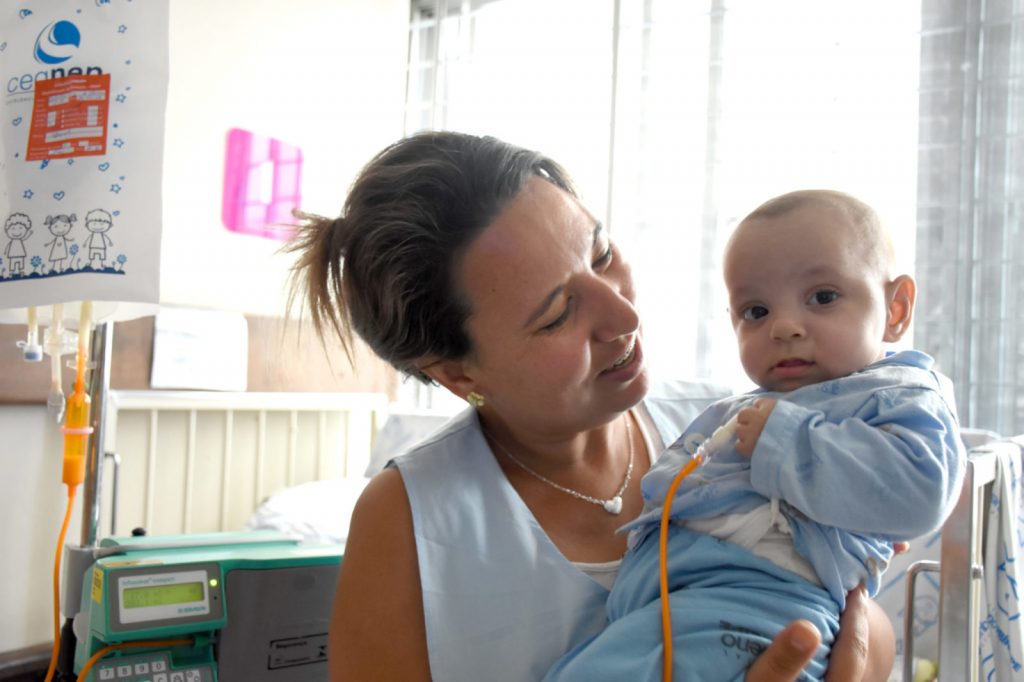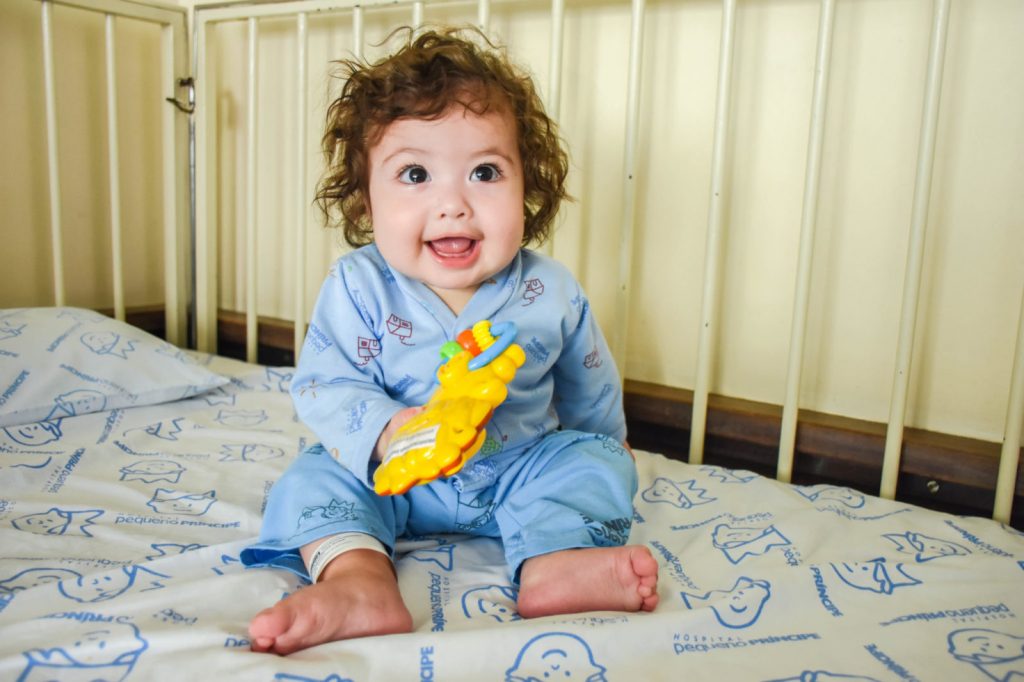Intestinal rehabilitation provides life quality to patients with short bowel syndrome
 One of the highlighted projects that the Nutritional Support team of Pequeno Príncipe Hospital is developing, is an intestinal rehabilitation addressed to children who lost a significant part of the small intestine. This loss inhibits the child to absorbs essential nutrients, which are needed in order to enable a regular growth and development.
One of the highlighted projects that the Nutritional Support team of Pequeno Príncipe Hospital is developing, is an intestinal rehabilitation addressed to children who lost a significant part of the small intestine. This loss inhibits the child to absorbs essential nutrients, which are needed in order to enable a regular growth and development.
The gastroenterologist who coordinates the Nutritional Support team at the Pequeno Príncipe Hospital, Jocemara Gurmini, explains that bowel rehabilitation seeks to stimulate a part of the preserved intestine and to ensure child’s growth. “The intestine does not regenerate, but it gets adapted. And as the child grows, the intestine grows proportionately. Through rehabilitation, we seek to stimulate the preserved part, calculating an adequate amount of parenteral nutrition that each child needs”, she details.
Another great purpose of the intestinal rehabilitation work is to ensure the patient’s safety in the care of the catheter – through which the intravenous feeding is inserted –, since the correct handling and hygiene can avoid infections.
As patients are fed this way for a long period of time (months or even years), it is also essential to preserve the venous access.
At last, another major challenge to this work is to properly calculate intravenous feeding, avoiding secondary harm to patients, especially for those who have a prolonged use of this type of diet.
Most of the patients seen in the Pequeno Príncipe Hospital have a problem at birth and lose part of the small intestine early in life. Usually, the babies are hospitalized in the Neonatal ICU, where they can already begin the treatment with the Nutritional Support.
The Public Health System of Brazil – called SUS – has not yet established rules for the care of those patients at home (homecare), even after stabilization, which makes the hospital stay even longer.
“The average time of the intestinal rehabilitation varies from 24 to 60 months. To ensure the quality of life to the patient and their family is very important to have supervision of a specialized team, monthly follow up appointments and the hospital support when needed”, says Jocemara.

